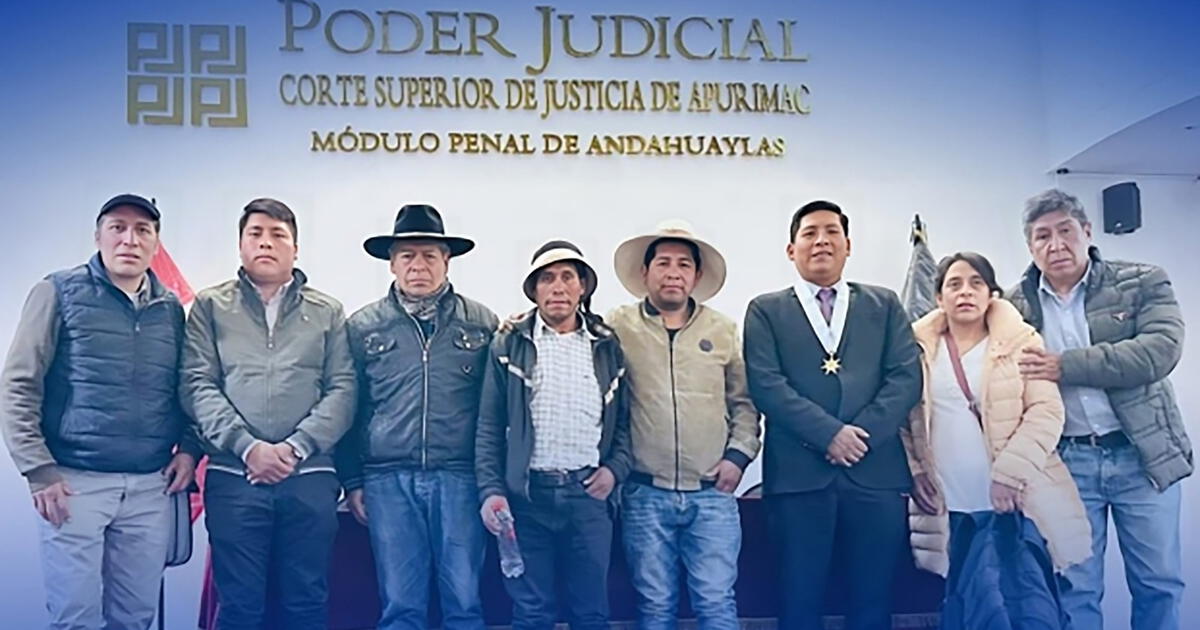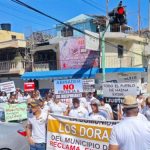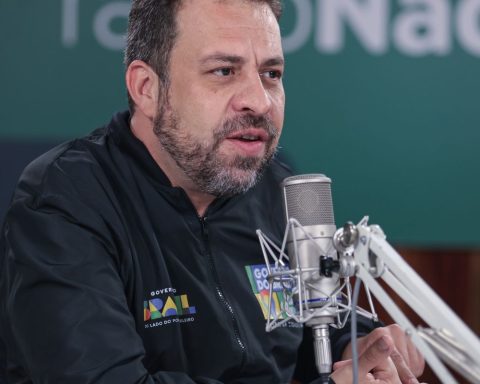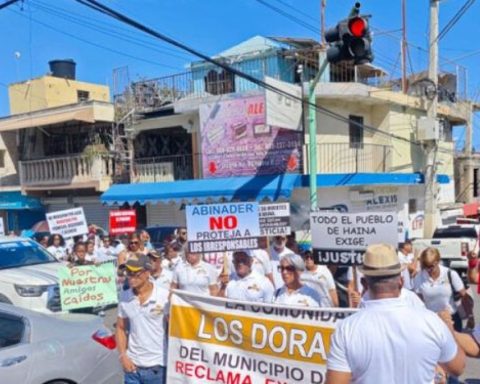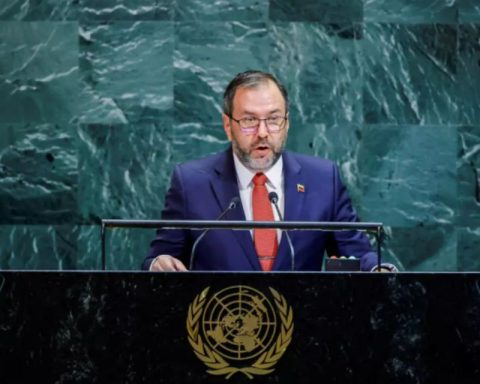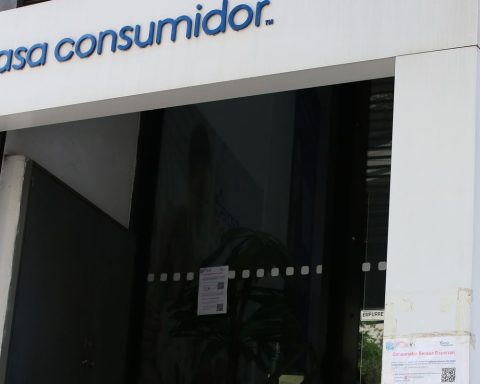In the last week, fifteen people who participated in protest mobilizations were sentenced for exercising their legitimate right to demonstrate.
On July 25, after almost 9 years of judicial proceedings, eleven leaders from the communities of Cotabambas and Grau were sentenced between 8 and 9 years of prison, because they participated in a march against the mining company The Bambas. Four were acquitted, even though they had the same charge.
In the advance reading of the sentence, the Single-judge court of Cotabambasin Apurímac, condemned the leaders as intermediate authors of committing crimes of aggravated damage, disturbances and obstruction of public services during the 2015 protests against the mining company.
Lawyer David Velascofrom the Ecumenical Foundation for Development and Peace (Fedepaz), which defends the leaders, He described the ruling as contradictory and arbitrary. because the judicial process did not prove the basic requirements that must be met by indirect authorship: existence of an organized apparatus of power, leaders who give directives and people who follow them without analyzing them, and direct responsibility.
“None of this has been proven in the trial. In the preliminary reading of the sentence, the judge pointed out a single argument, which is contradictory in itself. He said that the responsibility of the convicted leaders had been proven indirectly, when he should have explained whether their responsibility as indirect authors of the alleged crimes had been proven. The court did not explain it because there is no way to support the existence of indirect authorship.. Besides, It is a contradictory decision because it acquits four of the leaders, even though they all have the same fiscal accusation“, he pointed.
In Cusco, residents spoke out in defense of their sentenced leaders.
He said that the Prosecutor’s Office and the Attorney General’s Office tried to change the charge when they saw that indirect authorship was not going to be proven, and they asked the judge to make it co-authorship, not executive. Given the opposition of the defense, it was ruled inadmissible.
“We are surprised by this arbitrary sentence, and surely the Attorney General’s Office and the Procurator’s Office are as well, although pleasantly so, since they were convinced that there would be no conviction and now it turns out that they have sentenced 11 people,” he said.
“In essence, it is the criminalization of social protest.. It is the instrumentalization of criminal law to prevent people from assuming the defense of their rights. It is worrying, because They will use criminal law against those who demonstrate publicly in the face of arbitrary decisions by the central or local government, or by companies that violate land, environmental and other rights,” the lawyer added.
Meanwhile, the inhabitants of the province of Cotabambas have announced that they will carry out a Mobilization this August 1st in rejection of the court’s actions considering that the decision is unfair and arbitrary. The rally will be held at 10:00 in the morning in the district of Challhuahuacho.
Case in Cusco
More people are being criminalized for defending their rights through protest. In Cusco, Four young people from the peasant community of Cuyo Grande have been sentenced for the crime of rioting sentences of six and seven years. They intervened in the protests of January 2023 for the violent repression of protesters during the government of Dina Boluarte. This is Ferdinand Huaccanqui, Redy Huamán, Joel Hivallanca and Richard Camala.
